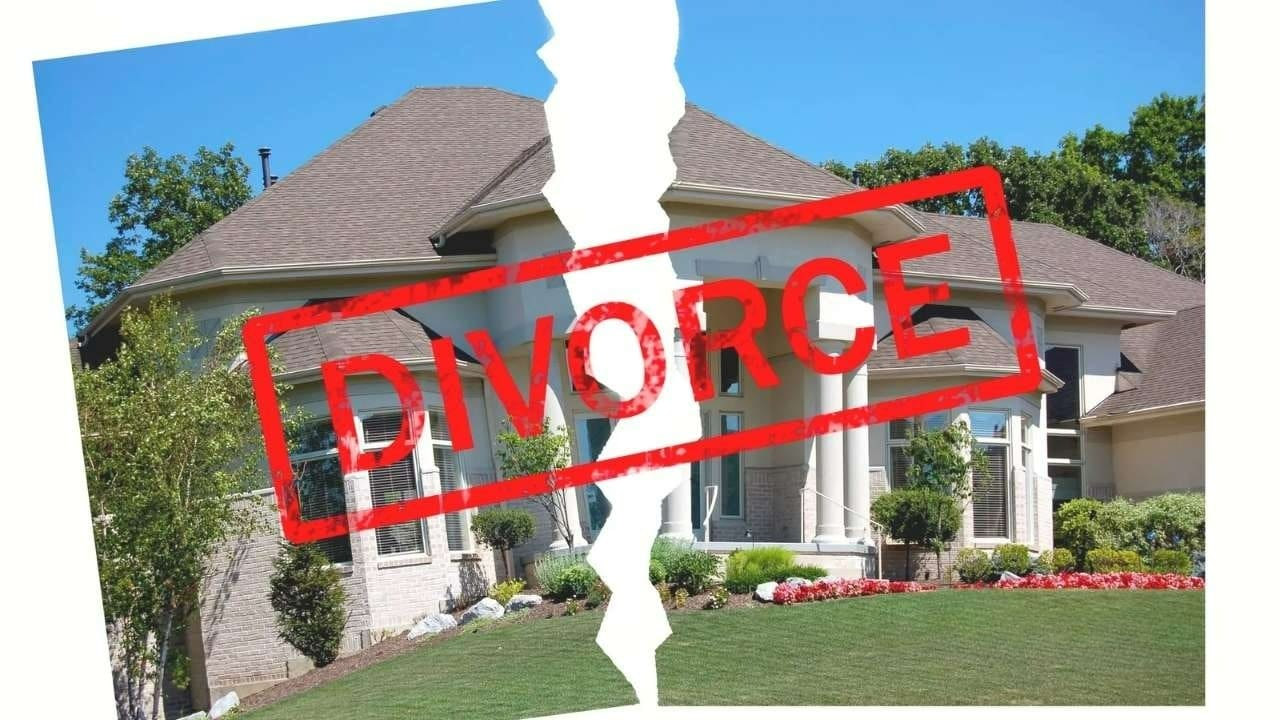Different states have different methods to determine divorce property division when two parties decide to divorce. Some states, such as “Community Property” states, divide the parties’ assets 50/50, no matter what. Illinois is not one of those states. Illinois is what is called an “Equitable Distribution” state. That means that the Court decides who gets what in a divorce based upon what they believe is equitable, and the Court is allowed to consider particular circumstances when determining what is equitable.
Illinois is a “No Fault” State
Illinois is a “no-fault” state. That means that no matter how terrible one spouse is to the other, no matter what the reasons are for the divorce, the state of Illinois will not “fault” someone for wanting or causing the divorce to occur. The most common example of this is when one spouse has an affair. The other spouse often times wants vindication, and they mistakenly believe that the Court can provide vindication by giving them more of the assets because the other party was “at fault” or caused the divorce. This simply is not the case. The court cannot “fault” one of the parties for the divorce and punish them by giving them less during the divorce property division.
The Dissipation Exception
While generally the Court cannot “fault” a party for the divorce and cannot award the party who is not at fault more property based upon fault, the Court can look at dissipation. Dissipation is money which is spent after the parties’ marriage broke down, for a non-marital purpose. Examples of this could include, “revenge shopping”, i.e. buying lots of luxury goods in hopes that the other party will have to pay for it; lavish vacations, a new car (if it is not something a party would have purchased during the normal course of the marriage, such as a BMW as opposed to a Kia, etc.), jewelry or other expensive gifts for a significant other, and more.
If a party spends money on these things and the court finds that it is dissipation, the spending party could be ordered to reimburse a percentage of all of these purchases back to the spouse. So, if the Court finds that an equitable distribution of a couple’s marital estate is 50/50, then the party who committed dissipation would have to pay 50% of what they spent on dissipation back to their spouse. The same would occur on a 60/40 equitable distribution, or a 55/45 equitable distribution. However, this is not really due to “fault”, it is due to the mismanaging of marital funds. Both parties have a right to their marital property and an equitable distribution of same. The Court can consider dissipation in this realm.
What Factors Can a Judge Consider to Determine What is Equitable and Who Gets What in a Divorce?
Different Judges have a lot of discretion in determining divorce property division to what they believe is equitable, but they all generally look at the same factors in making this determination. They look at factors, including, but not limited to: the income earned by each party during the marriage, the length of the marriage, the parties’ respective ages, health, and education levels, the parties’ potential income earning capacity, the parties’ marriage’s length, any pre-marital property of the parties, the contributions the parties made to the marriage and marital estate, the dissipation the parties made against the marital estate, and more.
These are all factors that the Court can consider and weigh when deciding how to divide marital property. The Court, however, cannot consider conduct, adultery, the cause of the marriage’s breakdown, domestic violence, or abuse when trying to decide what would be an equitable distribution, because Illinois is a “no fault” state.
So, What is Considered Equitable?
While Judges have an immense amount of discretion when considering what an equitable divorce property division of a marital estate would be, there are certain patterns that are generally followed. For example, the longer the marriage is, the more likely the Court will deviate one way or another from a 50/50 division. Short-term marriages are generally a 50/50 division, with some exception. Additionally, in longer-term marriages, Judges tend to award the party who does not earn as much as the other party more of the marital estate, when there is a large income discrepancy.
For example, a 20-year marriage where one party stayed at home with the children and the other party earned all of the income is a good scenario for the Court to award a larger share of the property to the non-working spouse. Some of the reasons this happens includes that the party who stayed home with the children likely will not have the same potential earning ability as the party who worked for 20 years, and they won’t ever “catch up”. For that reason, the Court may give them more property, as the working spouse will continue to earn at the same income level after the marriage ends. However, in a 20-year marriage where the parties earn the same amount, the Court would be more likely to do a 50/50 division. Ultimately, the Court has a lot of discretion when dividing marital property and these are just general examples. All Judges see things differently.
If you are wondering how it is determined who gets what in a divorce, contact Jessica Marshall and the experienced chicago divorce attorneys at Anderson Boback & Marshall for more information on divorce property division in Illinois.















